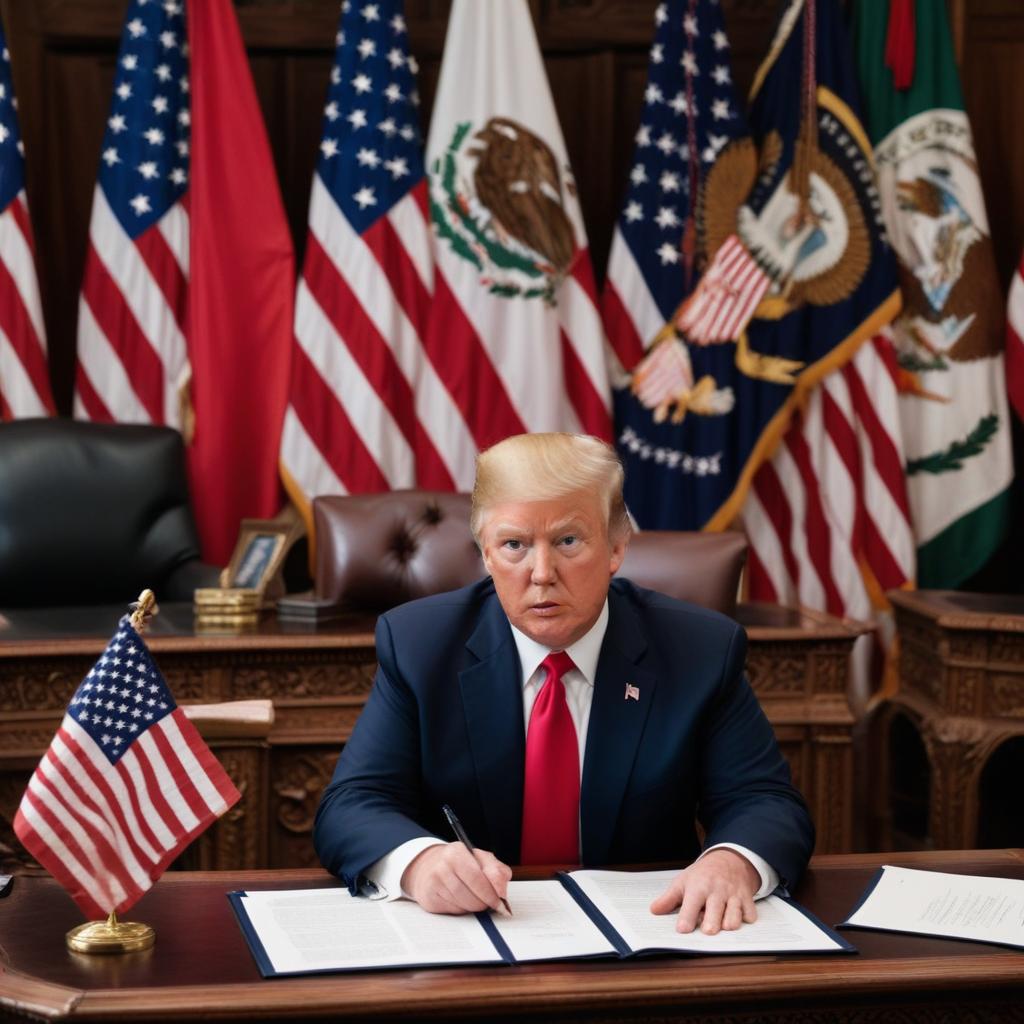President Trump is about to unleash a sweeping tariff plan that could send the US economy into a tailspin. Economists warn of recession, inflation, and job losses, while businesses brace for impact. Will this be a 'Liberation Day' or a disaster?
President Donald Trump is set to announce a sweeping new tariff plan, dubbed "Liberation Day," that will redraw economic agreements with US trading partners. Details remain unclear, but potential targets include reciprocal tariffs on all countries, delayed 25% tariffs on Mexico and Canada, and new tariffs on lumber, copper, pharmaceuticals, and microchips. This has already created significant market volatility and uncertainty for businesses and consumers. Economists and business owners express serious concerns. Goldman Sachs estimates a 35% chance of recession within the next year, citing the deterioration of household and business confidence. Business owners warn of increased production costs and price hikes affecting various sectors, from brewing to farming. The impact on the auto industry is particularly concerning, with potential price increases of $5,000 to $15,000 per vehicle. While some, like the United Auto Workers union, support the tariffs as a way to protect domestic jobs, many Republicans and Democrats express concern about the potential short-term economic consequences. Senators warn of rising inflation, interest rates, and a potential recession. Even some Republican senators, while supporting Trump's long-term vision, express reservations about the immediate impact. The potential for retaliatory tariffs from other countries is also a major concern. Canada has already promised a strong response, while the UK plans a measured approach. Retaliation could exacerbate inflation and further harm the US economy. Despite the widespread concern, the Trump administration maintains that the tariffs are a necessary tool to gain leverage over other countries, increase revenue, and revitalize American industry. However, economists argue that these goals are mutually exclusive and that the tariffs will ultimately act as a regressive tax, disproportionately affecting lower-income consumers. The long-term consequences remain uncertain, but the short-term impact is likely to be significant and potentially damaging to the US economy.



